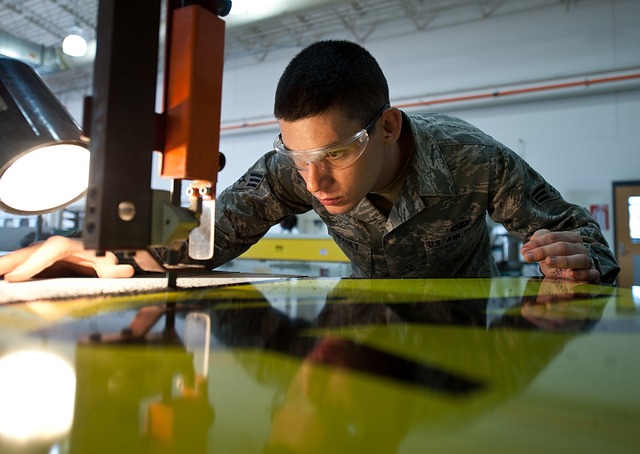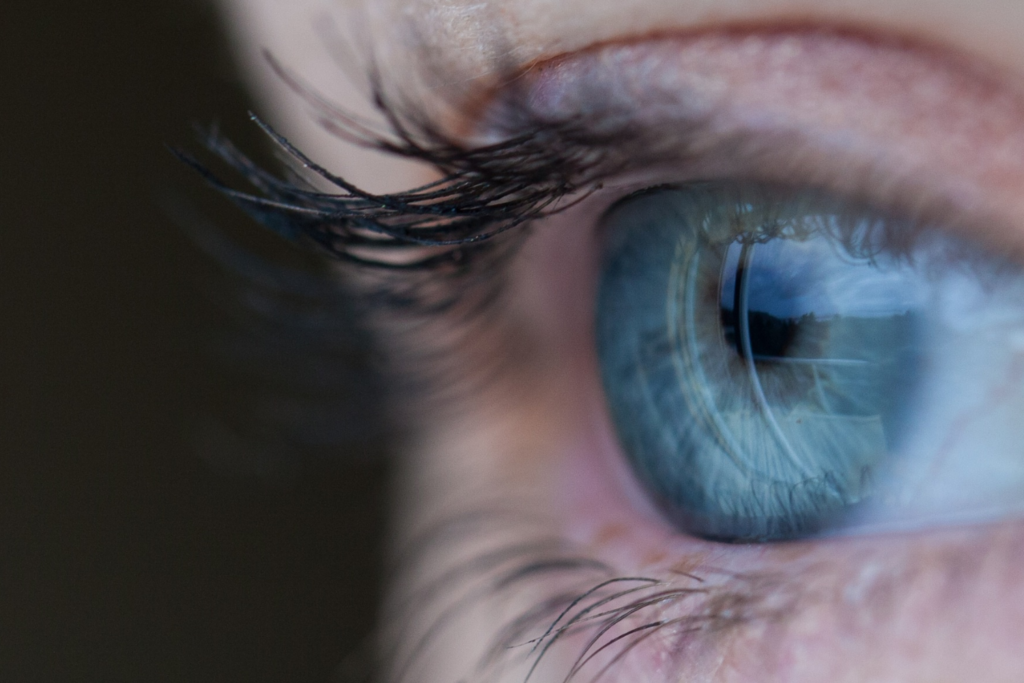
March is Workplace Eye Wellness Month and, according to the American Academy of Ophthalmology, nearly 25,000 Americans visit the emergency room each year due to a workplace eye injury. In fact, the U.S. Department of Labor reports that eye injuries alone cost more than $300 million per year in lost production time, medical expenses, and worker compensation. Welders, construction workers, electricians, plumbers, and pipefitters are at the highest risk for workplace eye injuries.
Eye injuries range from scratches to severe trauma that can cause permanent damage, vision loss, and blindness. Common causes of workplace eye injuries include:
- Flying or falling objects
- Chemicals
- Tools
- Intense light or heat, such as from welding or radiation
- Grinding dust
- Bits of wire, metal, or glass
As Ben Franklin once said, “an ounce of prevention is worth a pound of cure,” and that certainly applies when it comes to protecting your eyes. Thousands of people are blinded each year by workplace eye injuries that could have been prevented with proper protective eyewear. If you work in—or even pass through—areas that may pose eye hazards you should wear protective eyewear.
Which type of safety eye protection you need depends on the hazards in your workplace and should be compliant with OSHA regulations for eye and face protection. OSHA also provides information about the types of filter lenses required for specific welding and cutting activities.
If you are working in an area that has flying objects, particles, or dust you must at least wear safety glasses with side shields. If you work with chemicals, you should wear goggles. If you are working near hazardous radiation from lasers or fiber optics you must use special-purpose goggles, safety glasses, face shields, or helmets designed specifically for those tasks. Double check that your eye safety gear is OSHA-compliant and has been approved by the American National Standards Institute (ANSI) to meet eye protection standards.
If an eye injury does occur while you’re on the job, see an ophthalmologist or go to the emergency room, even if you don’t think the injury is serious. Postponing medical attention could result in permanent vision loss or blindness.
And in the event of any eye injury—at work or at home—here are some steps to follow until you can see your ophthalmologist.
- If your eye is cut or punctured:
- DO NOT: Remove any object that may be stuck in eye, rub your eye, rinse with water, or apply pressure to eye. Do not take aspirin, ibuprofen or other non-steroidal, anti-inflammatory drugs as they may increase bleeding.
- DO: Gently place a temporary shield over the eye. You can fashion a makeshift eye patch by taping the bottom of a paper cup to the area around your eye until you get medical attention.
- If you get chemicals in your eye:
- DO: Immediately flush the eye with plenty of clean water and seek medical treatment immediately.
- If you receive a blow to the eye:
- DO NOT apply any pressure.
- DO gently apply a cold compress to reduce pain and swelling. If a black eye, pain or visual disturbance occurs even after a light blow, immediately contact an ophthalmologist to rule out or prevent the progression of a significant eye injury.
- If you get sand or small particles in the eye:
- DO NOT rub the eye or try to remove the debris with your fingers.
- DO flush the eye out with plenty of water. If the debris doesn’t come out, lightly bandage the eye and seek medical attention.
If you do have an eye injury, do not hesitate to contact our office and request an emergency appointment. It’s important that you are seen as soon as possible to prevent any lasting damage or vision loss.
At Baptist Eye Surgeons, we treat a wide range of eye injuries and are one of the most trusted eye specialists in Tennessee. Baptist Eye Surgeons is an ophthalmological practice dedicated to preserving or restoring the gift of sight. Our commitment to excellence spans the range from routine comprehensive eye examinations to complex eye surgeries. To request an appointment or get directions to our Knoxville and Morristown locations, visit our website. Call us at 865-579-3920 for more information, or visit us online to schedule an appointment.





